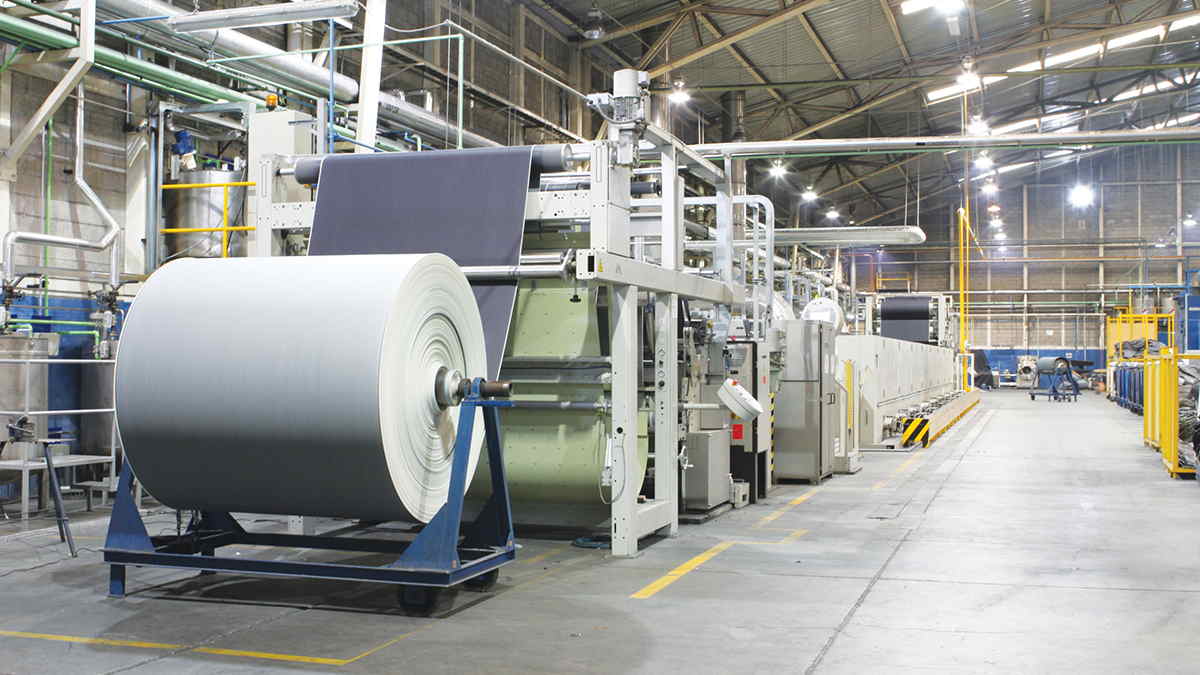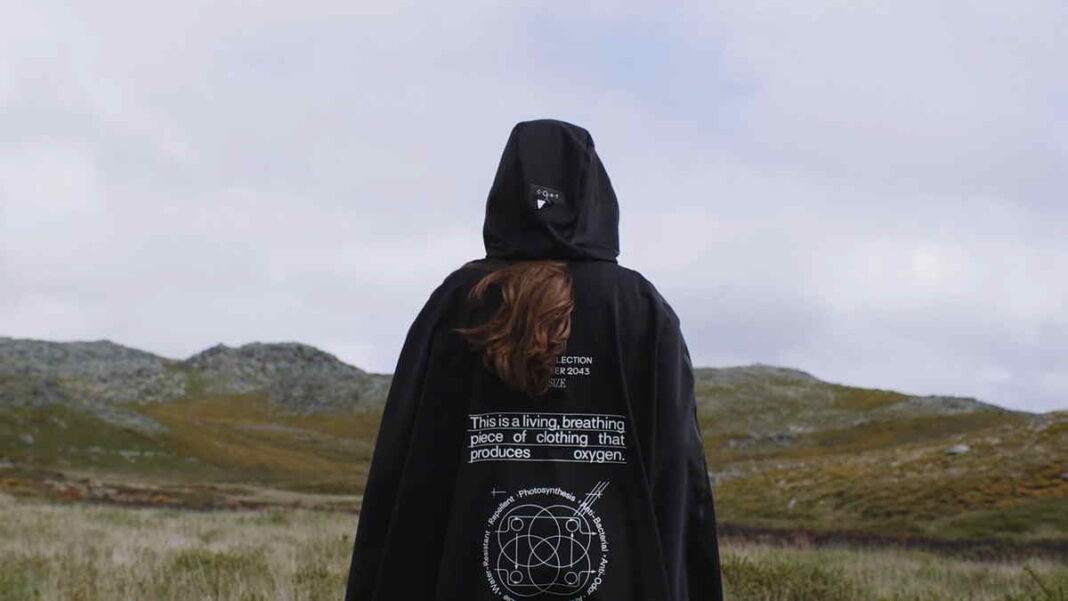Users of Monforts technologies share the same vision of sustainability with the company and carry out important and pioneering studies in sustainable fabric production. The denim manufacturers from different countries are quickly adapting to their operations every new development in fibres, dyes and chemicals, as well as process and supply improvements and recycling options. Several of them exhibited their latest sustainable denim solutions at the Première Vision Digital Denim Week held on July 5-9. Monforts customers attending the event include AGI Denim and Azgard 9 from Pakistan; Berto from Italy; Bossa, DNM, Kilim and Orta Anadolu from Turkey.
Monforts Marketing Manager Nicole Croonenbroek said that Monforts’ partners are constantly setting new targets in respect of sustainable production and, more importantly, going beyond them. Croonenbroek; “We work closely with them to constantly optimise processing parameters and achieve further savings in energy, water and raw materials throughout the dyeing and finishing stages of production as their partner for value-added finishing”.
Bossa and Orta provide transparency in the sustainable denim supply chain
With the effects of the climate crisis felt more day by day, sustainability has become one of the main agenda items in the world. In this context, while transparency in the supply chain comes to the fore, companies share much information with their customers, such as the contents they use for all processes and the amount of natural resources. One of them, Turkey-based Bossa, informs its customers about dyes, energy sources and the use of recycled content. Especially for organic cotton, Bossa provides QR codes with which brands can identify the names of individual farms and their locations, as well as detailed information such as the origins of specific seeds and the use of irrigation by growers.
Another Turkish company inspired by the historical Silk Road for trade between East and West, Orta Anadolu offers an interactive supplier map detailing the regions where cotton, dyestuff, chemicals and various fibres are supplied with its new Denim Route. Denim Route shares three years of life cycle assessment (LCA) data on each of the company’s featured fabrics via a dedicated app. Users can access the data for detailed information by scanning the QR code on a product’s hashtag.
Denim is on course for becoming more environmentally friendly
Pakistan-based Naveena Denim Mills uses a range of sustainable materials in its new Holistic collection, including organic cotton and post-consumer and post-industrial waste cotton that has been shredded and recycled at its in-house unit in Pakistan. While hemp and Tencel bring sustainable and aesthetic qualities to the collection, the company uses Roica’s Cradle-to-Cradle certified degradable option instead of conventional elastane. Naveena Denim Mills replaces polyester with CiClo, a material developed by re:newcell of Sweden that repurposes discarded cotton textiles such as worn-out denim jeans through a process akin to recycling paper.

Garment that produces oxygen at the same rate as oak wood
Pakistan-based Azgard 9, another brand using Monforts technologies, introduced a living and breathing piece of clothing that absorbs carbon dioxide while simultaneously producing oxygen at Digital Denim Week 2021. Behaving basically like a plant or tree, the sustainable denim garment is treated with microbial pigmentation and is currently analysed by all of the company’s global customers, from large luxury fashion groups like LVMH to fast fashion brands like Zara. During its life cycle, the garment will improve the wearer’s immediate environment and produce approximately the same amount of oxygen as an oak tree. This innovative product is also water-resistant and breathable, with advanced antimicrobial and anti-odour properties.
Azgard 9 CEO Ahmed Shaikh said that while brands are thinking about their next collections, they have been also thinking about collections of and for the future. Saying; “Essentially we want to provide a climate positive result simply from everyone wearing clothes,” Shaikh explained that their current goal is to turn it into a mainstream concept.
Bio-sourced fibres turn into denim
According to Première Vision experts, denims featuring blends with bio-sourced fibres such as nettle and kapok are now being used to achieve softer handles, a lighter feel and natural waterproofing, without the need for additional finishing treatments. At the same time, both fibres have a highly insulating structure. Thanks to its almost silk-like visual and tactile advantages, soy fibre is also an environmentally friendly alternative. In addition, biopolymers made from corn, beet and sugar cane are all emerging as potential new solutions.
